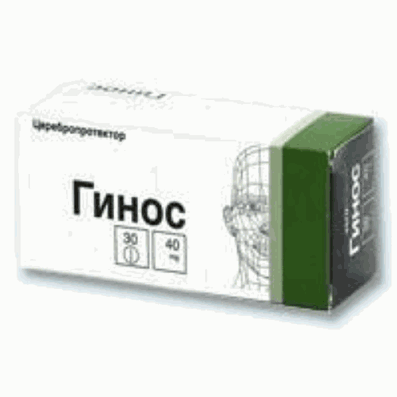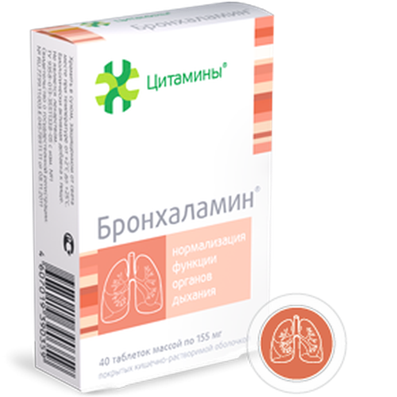FAQ: Post traumatic stress in the relationship mother daughter
07 Dec 2016
5 facts about the behavior of mothers who have experienced a stressful event

The problem of post-traumatic stress, particularly in the relationship "mother - daughter", is quite new. When we talk about this issue in the context of medicine and clinical psychology, first of all we focus our attention not on post-traumatic stress, and PTSD. But, as is known, psychologists have no authority, firstly, establish the diagnosis, and secondly, to carry out any treatment that applies disorders.
What is involved in psychology? Psychologists should study the psychological picture of post-traumatic stress. This complex features, signs emerging in humans under the influence of high intensity stressors: natural, nutrient, man-made disasters, various accidents, as well as under the influence of stressors related to family relationships, especially threats to life, physical and sexual abuse in the family.
- 1.Features of post-traumatic stress
What are the characteristics of post-traumatic stress? First of all, in the history of the person must be a specific stressor, it will affect his state. The intensity of the stressor is that it has caused a person horror reaction of fear, helplessness, and paired with the experiences of life and death. The peculiarity of post-traumatic stress is that it is emerging of delayed symptoms. Man can survive the acute specific event, but after a while, three or six months or more after overcoming the acute condition, the effect of the stressor may be resumed as compulsive paintings of this event. Also, physiological arousal may increase, decrease social activity, can cause problems with sleep, one can try to avoid situations that remind him of the stressor. To reduce stress and anxiety – buy Phenibut, Afobazol, Phenazepam, Selank, Cogitum.
- 2.The specifics of the behavior of mothers who have experienced traumatic stress
If we turn to the problem of "mother - daughter", it turns out that the post-traumatic stress can affect not only the person who directly experienced some adverse event, or was it an indirect victim (the transmission of information via television, radio, newspapers can influence man as if he was a real eye-witness of these events), but also to its close and distant surroundings. Even if between mother and daughter is not warm and trusting relationships, the couple still represents two very close people who are inseparable to some point of their lives.
Studies have shown that mothers who have a history of present stressor or stressors whole group, which led to the symptoms of post-traumatic stress, there is a special specificity of behavior has an impact on their daughters. I would have stopped at two features that we found in daughters than with other couples, that is, mother and daughter, where her mother, we found no evidence of post-traumatic stress: personality traits of daughters and mothers and their social roles (women, maternal role, and feeling themselves as individuals).
- 3.Personality traits and confusion of social roles
It turned out that the daughter whose mothers experienced a stressful event, copying their mothers on personality traits. That is, if the personal profiles to construct, they substantially overlap. The famous psychoanalyst Carl Jung said that when we see the coincidence of the responses to a particular test, sometimes it may be an illusion, it is a favorable picture, which shows that people are close. But in fact, in this lies the deeper problem, because it is a different person, and despite the fact that they can be something like, they should not be symbiotic. In this case, however, it turns out that her daughter is home to the mother's life.
The second phenomenon discovered by us - a confusion of social roles. Daughter takes the role of the mother, and the mother, on the contrary, acts as a daughter. This daughter can have great difficulty to perform the role of the mother, since she is not yet ready to take on such responsibility. The mother, in spite of this can be, depending on the position of his daughter, as in need of social support and does not have the resources to cope with life's difficulties.
- 4.The complex of abandonment
Also, for a variety of diagnostic techniques of our daughters have been complex abandonment. This means that the mother, who may have had an early traumatic experience was as a result of these symptoms of depression and was not able to respond to the needs of her daughter and thus it has become for her a negative conductor in the world. She aired her daughter, the world is depressed, threatening and traumatic. And, most likely, in such emotional isolation she did not give adequate support to her daughter in difficult situations is experienced daughter leaving.
In this sense, it becomes very clear identification of the daughter to the mother. The daughter can be detected by virtue of abandonment complex emotional emptiness. In addition, the relationship "mother - daughter" may affect the relationship with the daughter of men. It can take on the male role due to the fact that her experience with her mother made her precocious man.
- 5.Research Perspectives
One of the obvious issues in this area: at what point life of the mother was experiencing the impact of the stressor and at what point there were signs of post-traumatic stress: before the birth of her daughter, just in the first year of her life, or at the time when these events occur in the adult life of the mother, already having a grown-up daughter? This line of research is very promising. It will contribute to the very problems of post-traumatic stress and to understand what other factors contribute to the emergence of post-traumatic symptoms.
It is also very much like to understand what practical effect has this problem, that is what we as the practical psychologists can help a mother and daughter in this difficult situation. The fact that the daughter, who may not have had the effect of his experience of high intensity stressors, yet has difficulties associated with the influence of the mother, and can broadcast these problems for future generations. This problem is related to transgenerational relationships: when something is experienced a traumatic event is transmitted not only to children but also grandchildren, great-grandchildren, and so on.

 Cart
Cart





